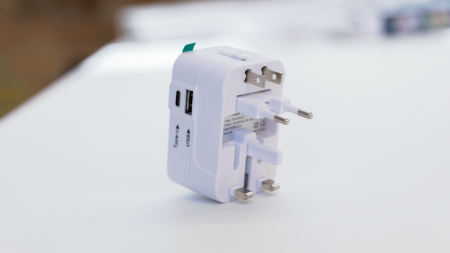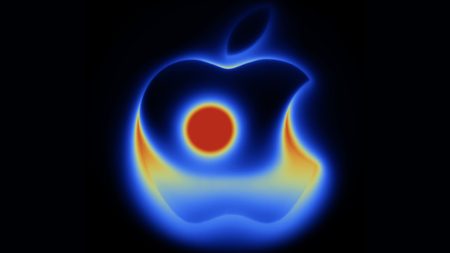Paragraph 1: The Rise of AI-Powered Diagnostics and Health Monitoring
The realm of healthcare is poised for a transformative leap with the advent of AI-powered diagnostic tools. Among these innovations, the humble toothbrush is being reimagined as a sophisticated health monitoring device. Equipped with advanced sensors and artificial intelligence, these "smart" toothbrushes will go beyond mere cleaning, delving into the intricacies of our daily habits and overall well-being. By analyzing saliva, these devices can track a wide range of health metrics, from weight fluctuations and calorie consumption to alcohol and tobacco intake. This real-time data can then be seamlessly transmitted to healthcare providers, empowering them with valuable insights for personalized treatment and preventative care.
Paragraph 2: From Tricorders to Smart Toilets: The Future of Health Tracking
The concept of a handheld device capable of instantly diagnosing ailments, reminiscent of the tricorder from Star Trek, is no longer confined to science fiction. AI-powered gadgets are rapidly approaching this level of sophistication, promising to revolutionize how we monitor and manage our health. Beyond smart toothbrushes, even everyday objects like toilets are being envisioned as potential diagnostic tools. By analyzing waste products, these devices can provide a wealth of information about our internal health, enabling early detection of potential issues and facilitating timely interventions.
Paragraph 3: The Potential of AI in Pet Communication
The transformative power of AI extends beyond human health, reaching into the realm of animal communication. Imagine a future where we can seamlessly understand the barks, meows, and chirps of our beloved pets. Scientists are actively developing AI-powered pet translators that can decipher these vocalizations, bridging the communication gap between humans and animals. This technology holds the potential to deepen our understanding of animal behavior, strengthen our bonds with our furry companions, and improve animal welfare.
Paragraph 4: The Double-Edged Sword of AI: Opportunities and Threats
While the potential benefits of AI are undeniable, its rapid advancement also raises concerns about potential risks. Some experts view AI as a "new species" with the potential to pose an existential threat to humanity. As AI systems become increasingly sophisticated, questions arise about their potential impact on employment, privacy, and even human autonomy. It is crucial to carefully consider the ethical implications of AI development and implementation, ensuring that these technologies are used responsibly and for the benefit of all.
Paragraph 5: The Promise of Personalized Healthcare and Preventative Medicine
The data collected by AI-powered health monitoring devices promises to usher in an era of personalized healthcare and preventative medicine. By gaining a deeper understanding of individual habits, health risks, and physiological responses, healthcare providers can tailor treatment plans to meet the unique needs of each patient. Early detection of potential health issues, facilitated by continuous monitoring, can enable timely interventions and prevent the progression of diseases. This proactive approach to healthcare has the potential to improve patient outcomes, reduce healthcare costs, and enhance overall well-being.
Paragraph 6: Navigating the Future of AI: Balancing Innovation with Responsibility
As AI continues to reshape our world, it is crucial to navigate its development and deployment with caution and foresight. Striking a balance between fostering innovation and mitigating potential risks is essential. Open discussions about the ethical implications of AI, involving experts from various fields, are vital to ensuring that these technologies are used responsibly and for the betterment of humanity. By embracing a thoughtful and proactive approach, we can harness the transformative power of AI while safeguarding against its potential downsides.











